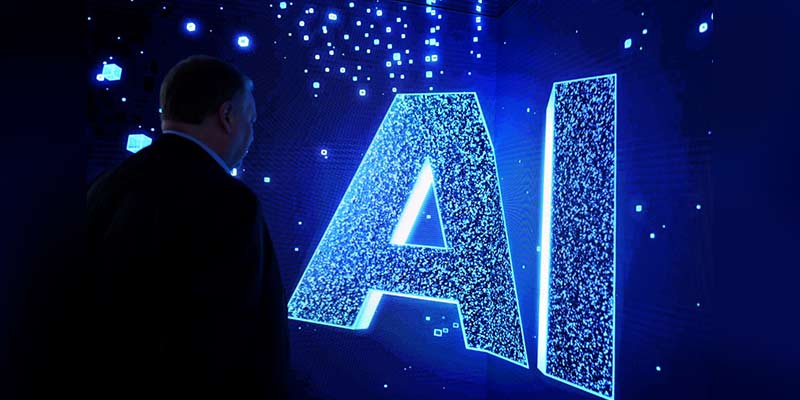- World
- Apr 05
US, UK announce partnership on AI safety testing
• The US and UK governments announced they will work together in safety testing the most advanced artificial intelligence (AI) models.
• Both sides have signed a Memorandum of Understanding (MOU) which will see them work together to develop tests for the most advanced AI models, following through on commitments made at the AI Safety Summit last November.
• AI continues to develop rapidly, and both governments recognise the need to act now to ensure a shared approach to AI safety which can keep pace with the technology’s emerging risks.
• The UK and the US are among countries establishing government-led AI safety institutes.
• Both countries have always been clear that ensuring the safe development of AI is a shared global issue.
• As the countries strengthen their partnership on AI safety, they have also committed to develop similar partnerships with other countries to promote AI safety across the globe.
• The partnership will see both countries working to align their scientific approaches and working closely to accelerate and rapidly iterate robust suites of evaluations for AI models, systems, and agents.
• The US and UK AI Safety Institutes have laid out plans to build a common approach to AI safety testing and to share their capabilities to ensure these risks can be tackled effectively.
• The partnership will take effect immediately and is intended to allow both organisations to work seamlessly with one another.
• They intend to perform at least one joint testing exercise on a publicly accessible model. They also intend to tap into a collective pool of expertise by exploring personnel exchanges between the Institutes.
What is artificial intelligence?
• The term ‘artificial intelligence’ (AI) means a machine-based system that can, for a given set of human-defined objectives, make predictions, recommendations or decisions influencing real or virtual environments.
• AI is the use of digital technology to create systems capable of performing tasks commonly thought to require human intelligence.
• AI is expected to change the way we work and live. In view of its positive impact on the economy, the technology is being embraced by countries across the world. Its proliferation is being regarded as the fourth industrial revolution.
• AI presents enormous global opportunities: it has the potential to transform and enhance human well-being, peace and prosperity.
• AI promises to transform nearly every aspect of our economy and society. The opportunities are transformational — advancing drug discovery, making transport safer and cleaner, improving public services, speeding up and improving diagnosis and treatment of diseases like cancer and much more.
• However, AI should be designed, developed, deployed, and used, in a manner that is safe, in such a way as to be human-centric, trustworthy and responsible.
• The opportunities are vast, and there is great potential for increasing the productivity of workers of all kinds.
• However, these huge opportunities come with risks that could threaten global stability and undermine our values.
• AI poses risks in ways that do not respect national boundaries. It is important that governments, academia, businesses, and civil society work together to navigate these risks, which are complex and hard to predict, to mitigate the potential dangers and ensure AI benefits society.
Additional read:
What is the ‘Bletchley Declaration’?
The United Kingdom hosted the first international AI Safety Summit Bletchley Park on November 1 and 2, 2023. The Bletchley Declaration on AI safety sees 28 countries from across the globe, as well as the European Union, agreeing to the urgent need to understand and collectively manage potential risks through a new joint global effort to ensure AI is developed and deployed in a safe, responsible way for the benefit of the global community.
Manorama Yearbook app is now available on Google Play Store and iOS App Store


